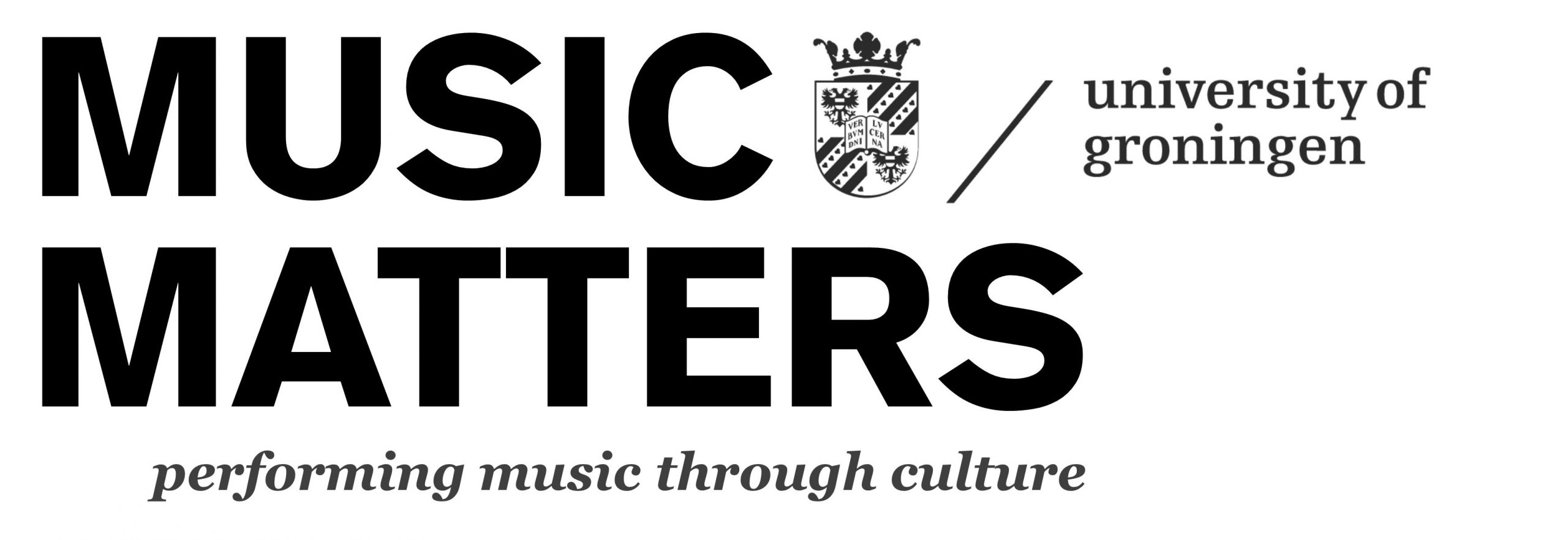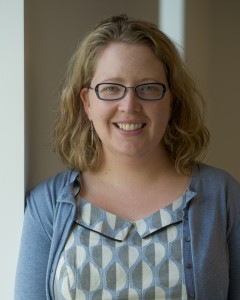Laura MacDonald is a Lecturer in Musical Theatre at the University of Portsmouth (UK). She has previously taught in Theatre and American Studies at the University of Lincoln and University of Groningen. She is currently completing a monograph on the persistence of long-running Broadway musicals, and co-editing (with William A. Everett) The Palgrave Handbook of Musical Theatre Producers, forthcoming in 2016. Her articles and reviews have appeared in Studies in Musical Theatre, The Journal of American Drama and Theatre, New England Theatre Journal, Theatre Research International, Theatre Journal and Theatre Survey. She is the 2014 recipient of the American Society for Theatre Research’s Grant for Researchers with Heavy Teaching Loads. Funded by the British Council, in the autumn of 2015 she will be a Visiting Researcher at Ewha Womans University Institute of English and American Studies, in Seoul, Korea, where she will research Korean musical theatre and Korea’s role in the transnational musical theatre industry.
“I like to be in America”: Singing and Dancing American Life on European and Asian Stages
The Broadway musical West Side Story has been popular in Europe since it premiered in Manchester in 1958, a year after opening in New York City. With its urban translation of Romeo and Juliet, West Side Story was one of the American musical genre’s major international breakthroughs, as audiences everywhere were engaged and moved by this musical’s exploration of contemporary race relations through song and dance. Olive Moorefield, an African-American performer, was also introduced to European audiences in the 1950s and 1960s, as she toured the continent starring in foreign language productions of American musicals such as Kiss Me Kate.This lecture surveys particular musicals and performers, such as West Side Story and Moorefield, to chart the impact of American musicals on the postwar growth of musical theatre industries in Europe and Asia With their stories of triumph over adversity, American musicals owe much of their global success to their positive, uplifting narratives, and case studies of musicals such as My Fair Lady and Man of La Mancha will explore how popular, public performances may have functioned for audiences and industries in postwar Europe and Asia. Japan, Korea, the Philippines, Austria and Germany – the largest non-English language musical theatre markets – have experienced complicated relationships with American popular culture, but also with each other. I will therefore explore interactions between musical theatre industries, to establish the cultural and economic impact of transnational, two-way traffic in musicals, performers and spectators.

